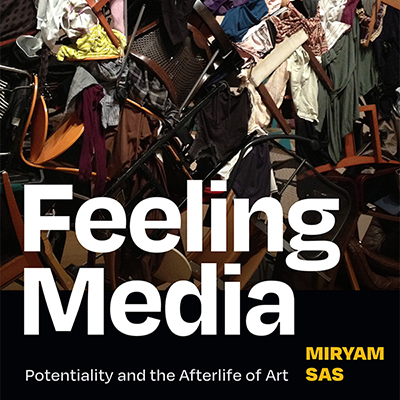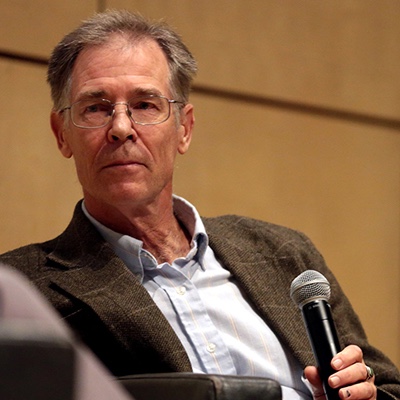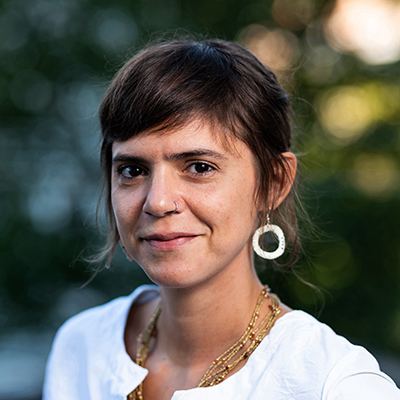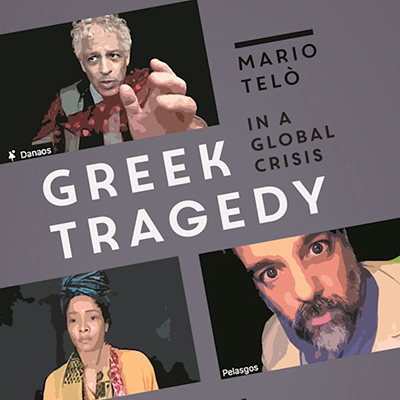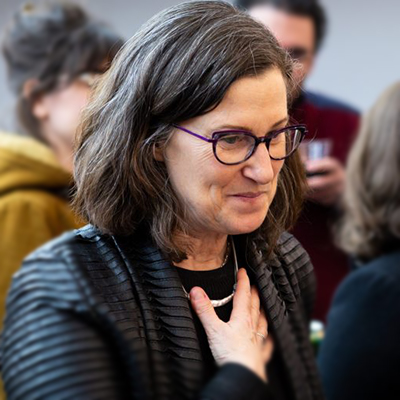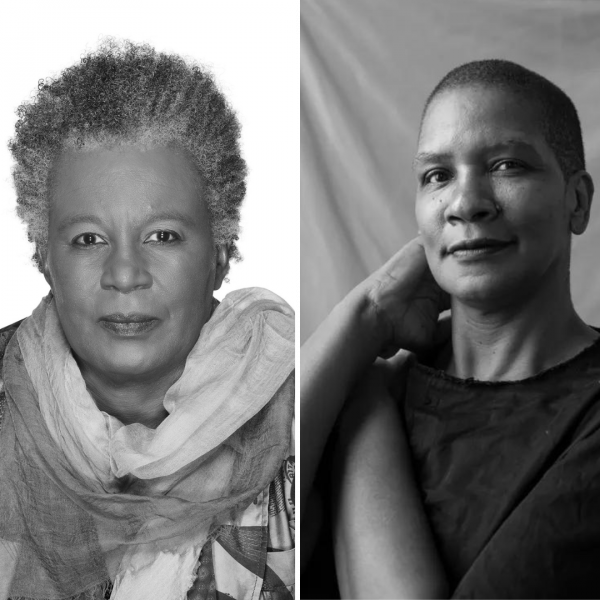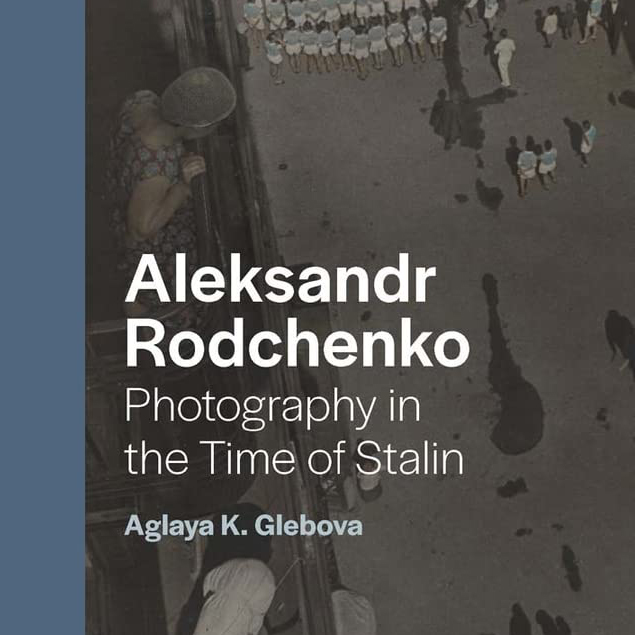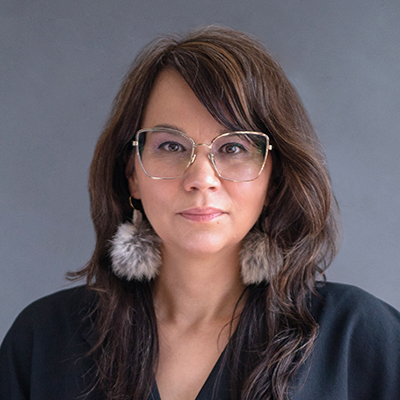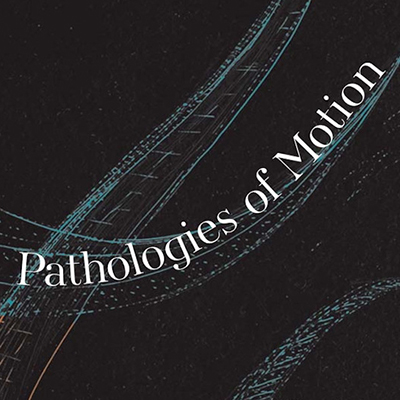In her exploration of media art and theory in Japan, Miryam Sas opens up media studies and affect theory to a deeper engagement with works and theorists outside Euro-America.
Kim Stanley Robinson
Kim Stanley Robinson is one of the foremost living writers of science fiction. He discusses his 2020 novel Ministry for the Future in the context of the climate crisis.
Writer Valeria Luiselli presents "Echoes from the Borderlands," an experimental sound piece documenting the histories of violence against land and bodies in the US-Mexico borderlands.
Mario Telò asks what it means to read Greek tragedy in a pandemic, exploring how the genre can address urgent contemporary crises.
Bonnie Honig in Conversation
Bonnie Honig, the 2023-24 Una's Lecturer, talks with UC Berkeley faculty members Marianne Constable (Rhetoric), Mario Teló (Rhetoric, Ancient Greek & Roman Studies, and Comparative Literature), and Dora Zhang (Comparative Literature and English).
Political theorist Bonnie Honig is Nancy Duke Lewis Professor of Modern Culture & Media and Political Science at Brown University.
Acclaimed writers Claudia Rankine and Pamela Sneed discuss commemoration and its relationship to memory and storytelling.
Through the lens of Aleksandr Rodchenko’s photography, Aglaya Glebova charts a new understanding of the troubled relationship between technology, modernism, and state power in Stalin’s Soviet Union.
Artist and choreographer Tanya Lukin Linklater, whose work engages with Indigenous art and culture, presents a series of open rehearsals with dance artists Ivanie Aubin-Malo and Ceinwen Gobert that respond to the works on view in BAMPFA's exhibit Duane Linklater: mymothersside.
Pathologies of Motion: Historical Thinking in Medicine, Aesthetics, and Poetics
Kevis Goodman approaches late 18-century medicine, aesthetics, and poetics as overlapping forms of knowledge that probe the relationship between the geographical movements of persons displaced from home and the physiological “motions” within their bodies and minds.
